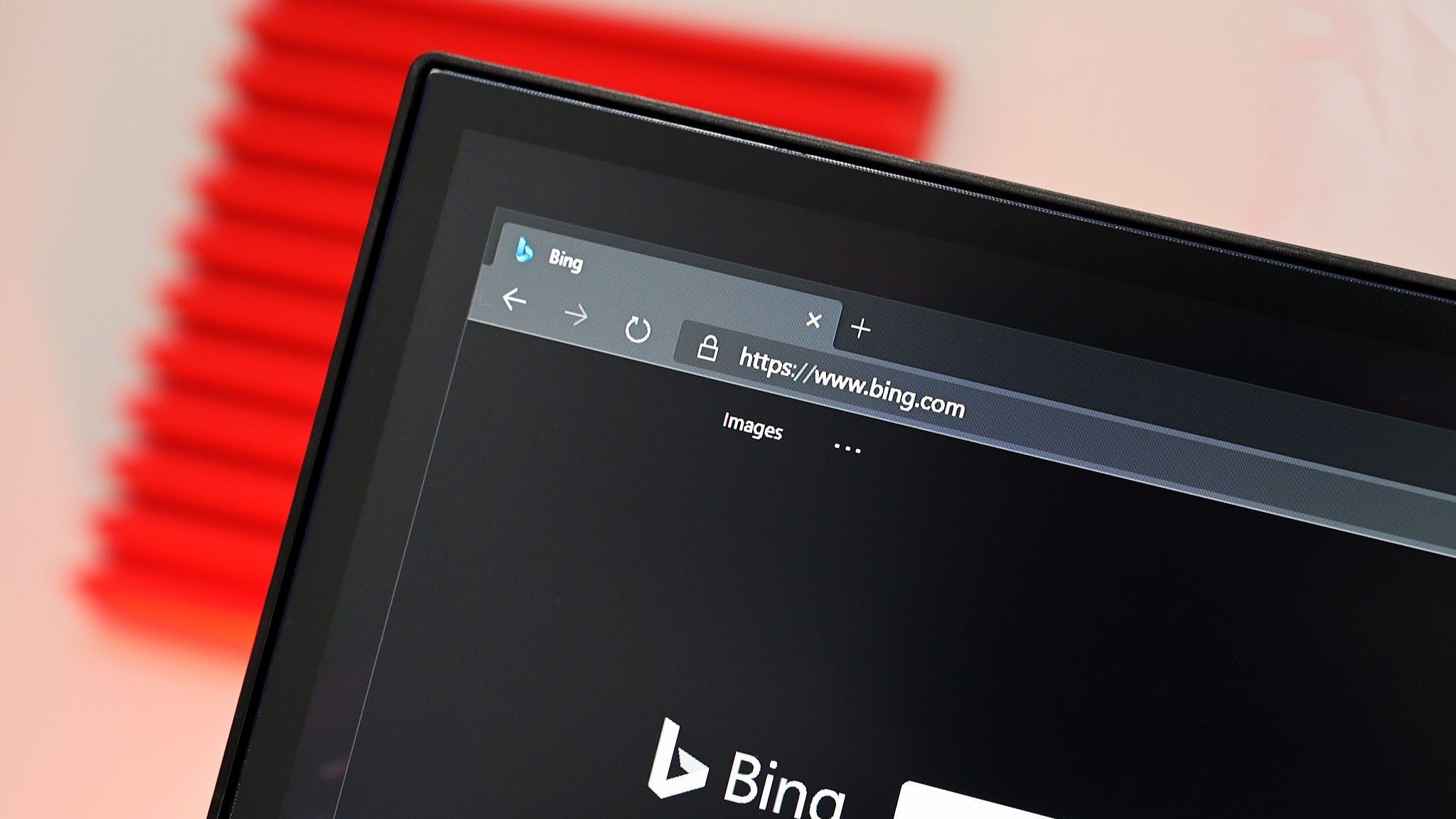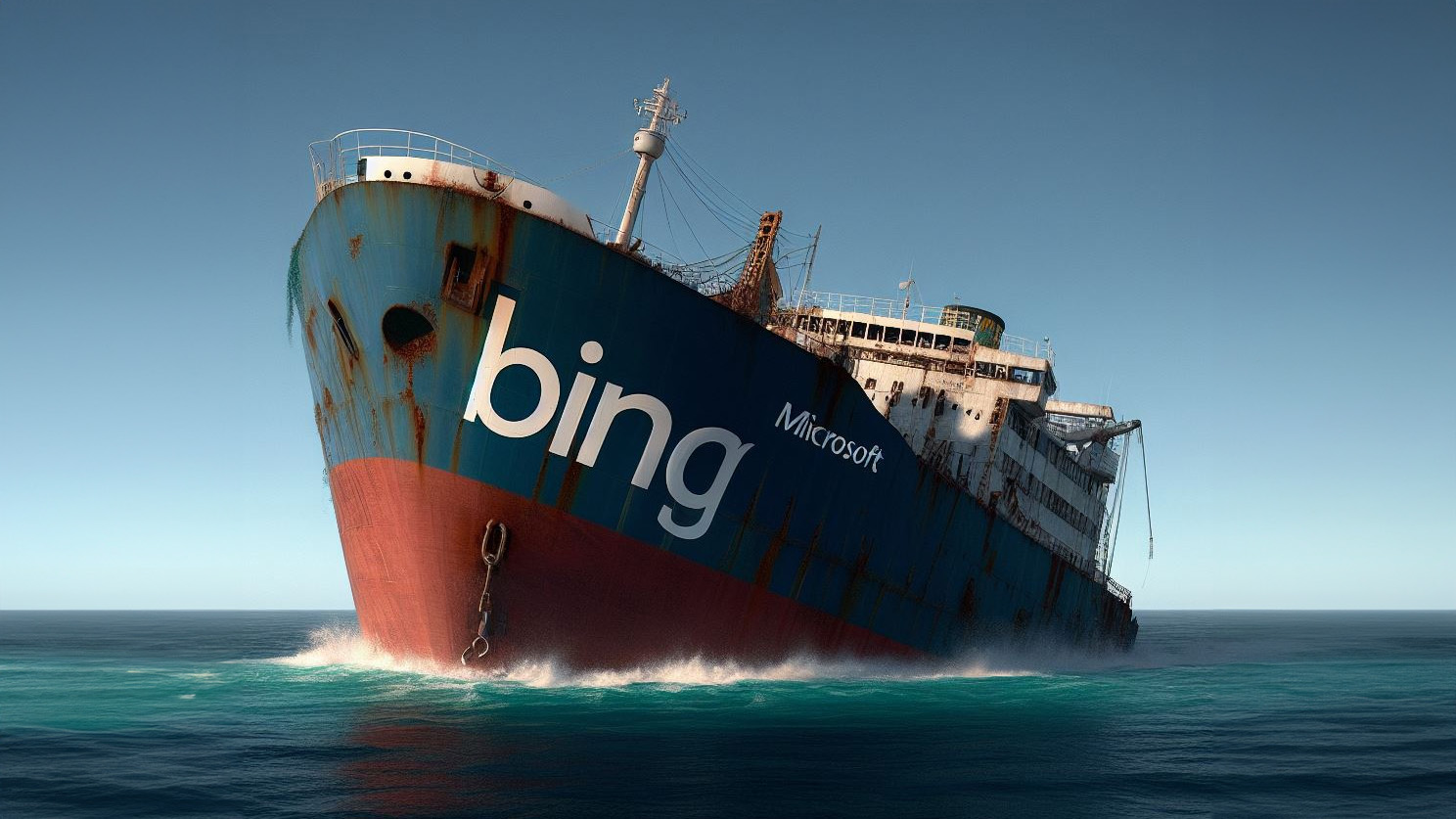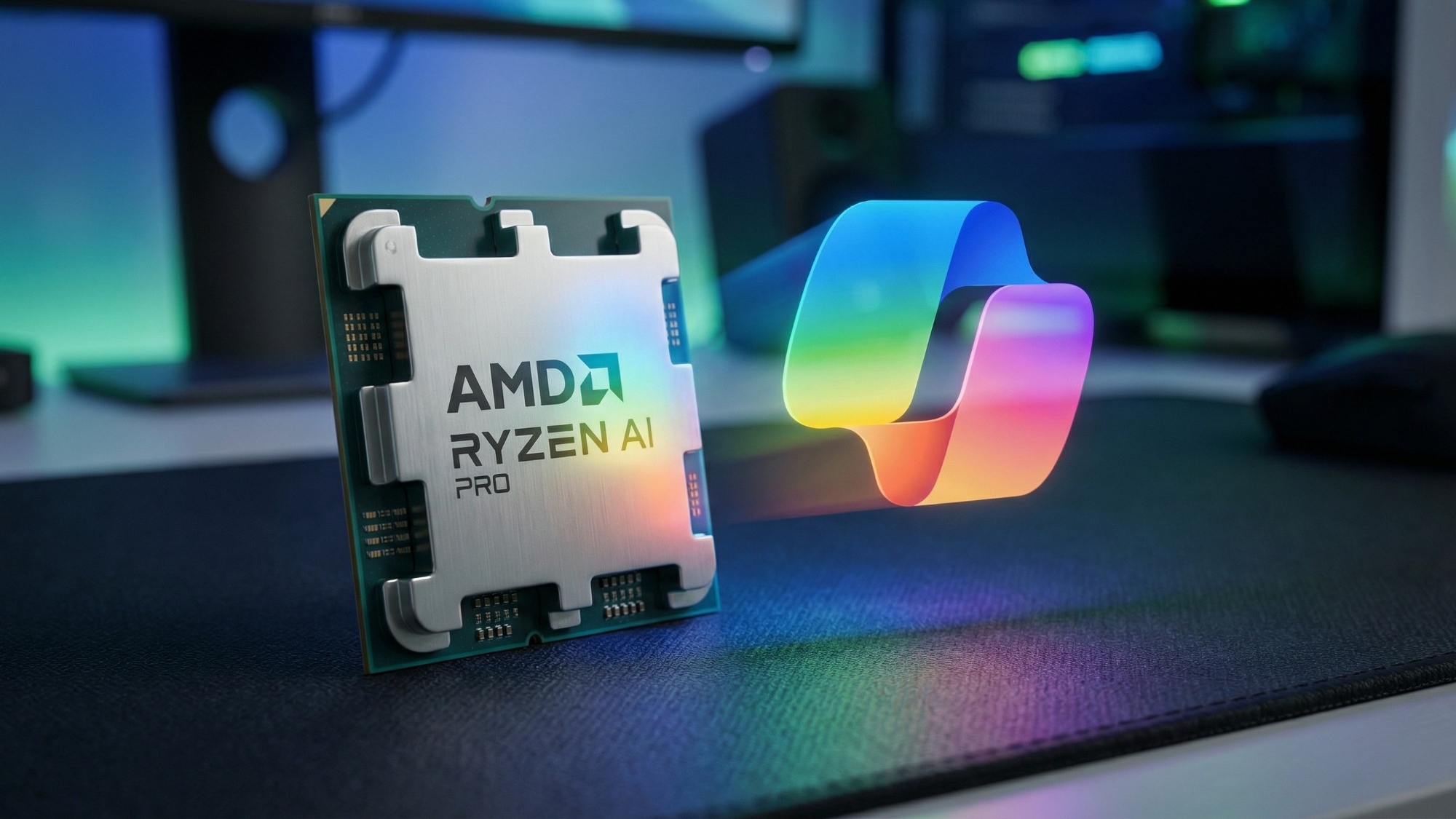Microsoft almost sold Bing to Apple before the AI and Copilot razzle-dazzle, but one critical issue thwarted the plan
Microsoft tried selling its Bing search engine to Apple in 2018, but the plans fell through due to search quality issues.

All the latest news, reviews, and guides for Windows and Xbox diehards.
You are now subscribed
Your newsletter sign-up was successful
What you need to know
- Microsoft offered to sell Apple its Bing search engine or start a joint venture in 2018.
- The plans fell through after the search engine was spotted with critical search quality-related issues.
- Microsoft Bing's search market share continues to stagnate despite the company's big push in AI.
According to a new unsealed filing, Microsoft had offered to sell Bing to Apple or the opportunity to kick start a joint venture back in 2018 (via CNBC). It's apparent that Bing's global search market share stacks miles behind Google. This is despite Microsoft's big push and integration of AI-powered capabilities.
While appearing at Google's antitrust trial last year, Microsoft CEO Satya Nadella indicated that Google doesn't play fair with Bing. The CEO added that the exclusive deal between Google and Apple has negatively impacted Bing's growth and reach. Satya added that Microsoft was willing to part with up to $15 billion annually to attract a similar deal with Apple, further citing that it would be a game-changing opportunity.
In the past, Google has been accused of allegedly breaking antitrust laws by paying $10-15 billion to Apple to secure and assert its search engine dominance. In 2021, the company paid a jaw-dropping $26 billion to maintain its search engine as the default across Apple devices.
Interestingly, Google countered this argument in court by indicating that Microsoft had also tried to extend a similar offer to Apple in 2009, 2013, 2015, 2016, 2018, and 2020. However, the deal didn't pull through because Apple turned down the offer each time because of Bing's search quality issues.
As highlighted by Google in the filing:
"In each instance, Apple took a hard look at the relative quality of Bing versus Google and concluded that Google was the superior default choice for its Safari users. That is competition."
Over the years, Microsoft has invested up to $100 million in Bing to improve its user experience and potentially get more people to use it. Admittedly, it has enjoyed subtle gains that prompted Microsoft to reach out to Apple in 2018 to either sell the search engine or form a joint and profitable venture.
All the latest news, reviews, and guides for Windows and Xbox diehards.
The deal didn't pan out as Microsoft expected. According to Apple's senior vice president of services, Eddy Cue:
"Microsoft search quality, their investment in search, everything was not significant at all. And so everything was lower. So the search quality itself wasn't as good. They weren't investing at any level comparable to Google or to what Microsoft could invest in. And their advertising organization and how they monetize was not very good either."
Is Microsoft jumping the Bing ship?
The long-standing battle between Google and Microsoft over search engine and browser dominance continues to get fierce, with the former coming out on top most of the time. As you may know, the European Commission listed Google as a gatekeeper late last year and given six months to comply with the Digital Markets Act (DMA), including making its services interoperable.
Google has already put elaborate measures in place to ensure that it complies with the DMA ahead of the March 2024 deadline, including presenting users in the European region with additional consent for linked devices that will let them choose whether they'd like to continue sharing their data or not, the capability to switch the default browser and search engine on Android phones easily, and more. It remains unclear whether this will help Bing to crack the market.
Microsoft was listed as a gatekeeper, too. The EU Commission listed its Windows operating system, Microsoft Edge, and Bing among the services under the DMA regulation. The company argued that neither service meets the threshold that would warrant regulation. The tech giant further argued that regulation of these services would place it at a competitive disadvantage against its rivals.
Shortly after, the EU watchdog determined that Edge and Bing weren't dominant enough in the digital market, consequently exempting both services from DMA regulation.
Elsewhere, Microsoft is seemingly pulling away from the Bing brand. In the past few months, especially after making its multi-billion dollar investment in AI and extending its partnership with OpenAI, the company has virtually rebranded most of its products carrying the Bing name. From Bing Image Creator and Bing Chat to the Bing icon on Microsoft SwiftKey.

Kevin Okemwa is a seasoned tech journalist based in Nairobi, Kenya with lots of experience covering the latest trends and developments in the industry at Windows Central. With a passion for innovation and a keen eye for detail, he has written for leading publications such as OnMSFT, MakeUseOf, and Windows Report, providing insightful analysis and breaking news on everything revolving around the Microsoft ecosystem. While AFK and not busy following the ever-emerging trends in tech, you can find him exploring the world or listening to music.

